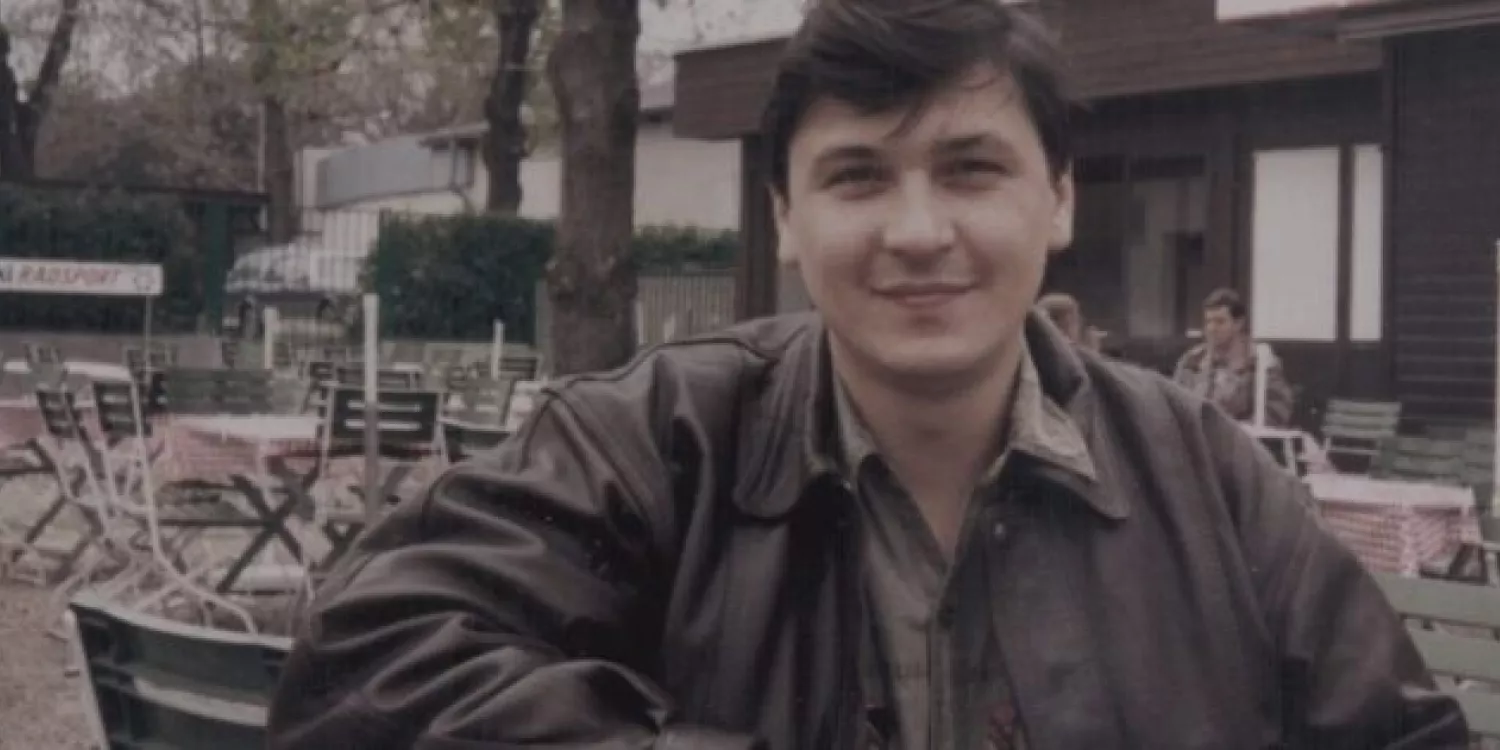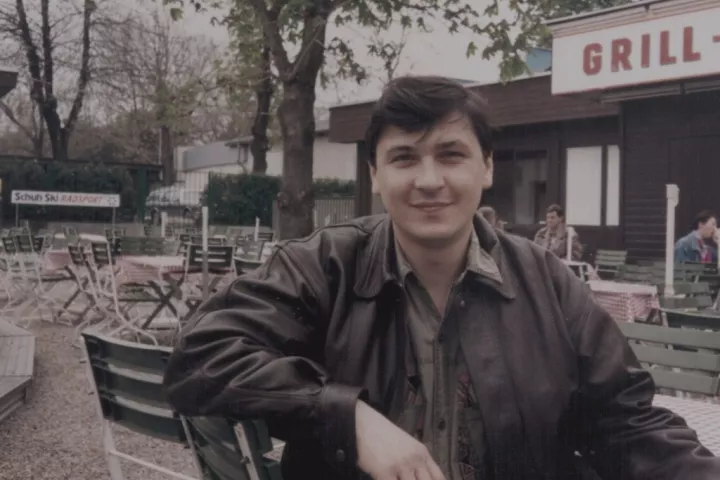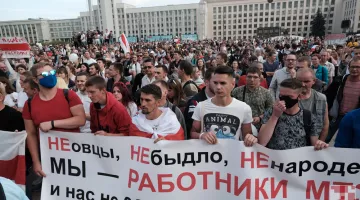The tragic tale of Turkmenistan’s missing poet
Batyr Berdyev went from diplomat to prisoner in one of the world’s most oppressive states. Now his poems, smuggled out of jail, have been published in English

How do over 121 people just disappear? In Turkmenistan, the answer is “all too easily”. Turkmenistan is one of the least free places in the world; a Stalinoid, paranoid state that to the outsider most closely resembles North Korea; leader cults, parades and vicious repression.
The country’s last leader, Saparmurat Atayevich Niyazov, was known for rampant egoism - he named himself Turkmenbashi (leader of the Turkmens), built a giant revolving gold statue of himself, banned opera, and renamed bread after his mother.
Gurbanguly Berdymukhamedov, his successor, has proved only slightly less eccentric: Berdymukhamedov is probably most famous in the west for his bizarre musical turns, performed in front of audiences who are clearly too terrified not to clap along.
Berdymukhamedov took over from Niyazov after the latter’s death in 2006, and has done close to nothing to open up Turkmenistan since. His regime is tolerated by the international community for the very simple reason that he poses no threat to anyone but his own citizens, and because of the country’s enormous gas reserves, estimated to be the fifth largest in the world.
Among the many continuity policies Berdymukhamedov took over from Niyazov was that of the continued “disappearance” of political foes. It is estimated that 121 people have been completely wiped from the record in Turkmenistan. Many of those were former senior politicians purged by Niyazov after an alleged coup in 2002. Footage of their “confessions”, broadcast around the country, showed men who had clearly been broken by torture, confessing to being a criminal gang at the heart of parliament. “There are no normal people among us”, confessed former foreign secretary Boris Shikhmuradov in a video after he was sentenced to 25 years in prison, in scenes eerily reminiscent of Stalin’s show trials or Saddam Hussein’s many purges of the Ba’ath party.
Shikhurmadov has not been heard from since, and no one will confirm whether he is alive or dead. In a country like Turkmenistan, with absolutely no free expression, the government has almost absolute control of information: they tell the world what they want to tell them, nothing more or less.
A similar sentence was handed to Batyr Berdyev, a former journalist who had briefly served as foreign minister himself, as well as diplomatic stints in cities including Vienna, where he was Turkmenistan’s ambassador.
But it is not quite true to say that Berdyev, who was given the EU’s Sakharov freedom prize in 2003, was never heard from again.
In 2014, the campaign group Crude Accountability, which works for environmental and social justice in the Caspian region, was given an extraordinary set of documents: a collection of prison poetry written by Berdyev in 2002 and 2003, lamenting his imprisonment, and separation from his family. The long gap in getting them out is explained by fear that the lines of communication would be traceable, and even after all this time, the exact circumstances by which the poems got from a Turkmen prison to an environmental NGO is a secret.
Most of the poems are addressed to his wife and children, and address happier times; the family’s time in Austria, in Viennese markets and skiing in the Alps, hold particular resonance for the author, presumably acutely aware he may never breathe fresh air again:
“How you and I, my dear, will look at each other
And not grow tired of looking.
And our son will laugh loudly with us,
And our parents will grow tired,
And our son will not do his homework
(It’s okay, he’s our genius anyway).
And our relatives and friends will be there with us,
And we will be warm from hunters’
punch, and our souls will be light,
And waiting for us are the pine-strewn Alps
Covered with snow.”
Elsewhere he directly addresses his imprisonment
“Without any backward glances,
without tearful words,
Everything will happen apparently
very prosaically
The guard will dispatch us with his usual severity
To make the fated transfer in the
shackles of separation."
The poetry is not technically perfect, a point Berdyev addresses with honesty (“My dear, I don’t think my poetry has any kind of artistic value”), but there’s an undeniable poignancy contained in the stumbling verses, and a genuinely distinct authorial voice.
Mostly, the collection, which has been translated by James Womack and is now published under the title the Parting Song, stands as a testimony to the dozens like Berdyev who have been lost to their families and the world. The collection has been published by the Prove They Are Alive! Campaign, which campaigns for nothing more than the absolute minimum prisoners and their families should be allowed: confirmation of their status, access to lawyers, and communication with the outside world.
For Berdyev and the 120 others who have disappeared into the Turkmen prison system, the poems are at least signs that life and imagination can continue.
Voices from the Dark – an evening of poetry and activism featuring the work of Batyr Berdyrv takes place at Rich Mix, London on 7 November
The Parting Song is available to download free here






